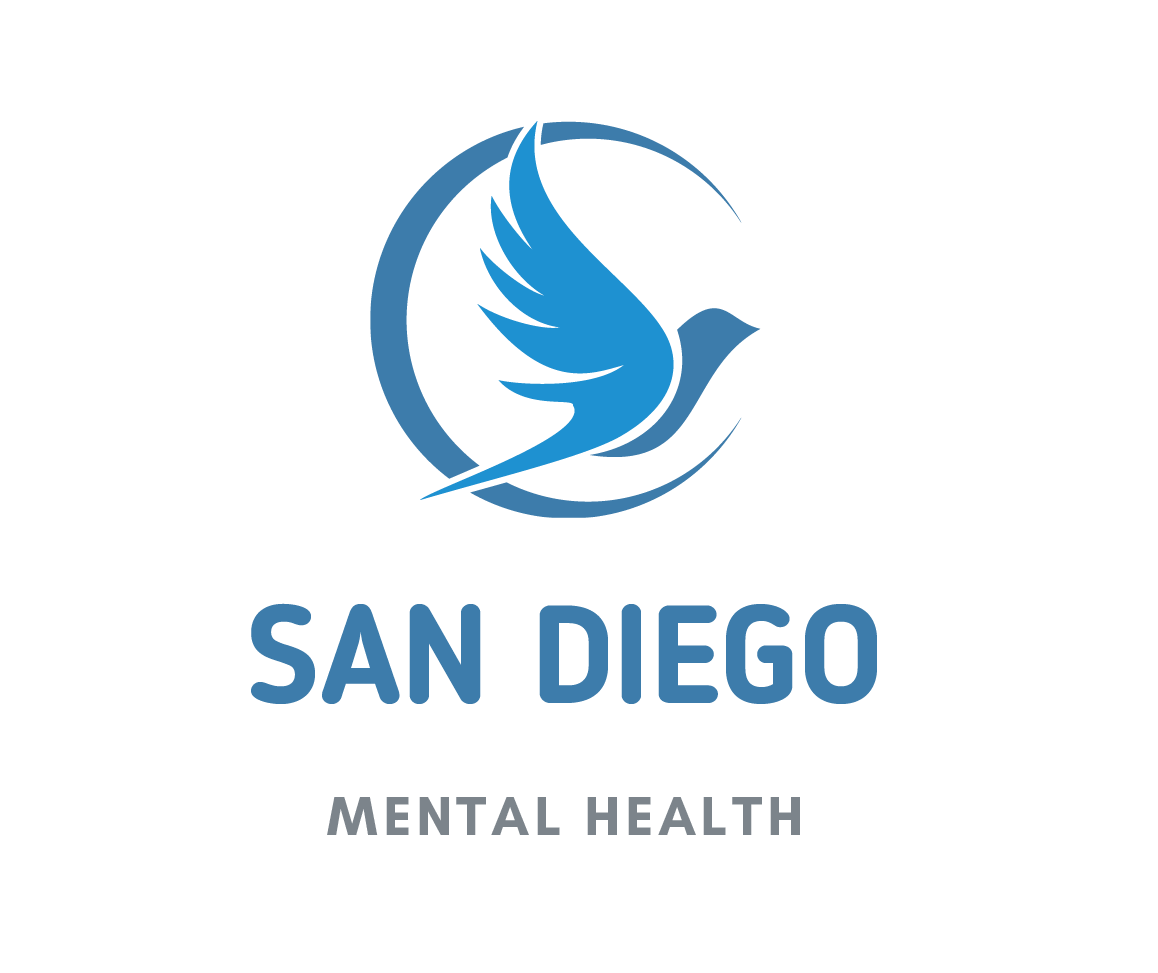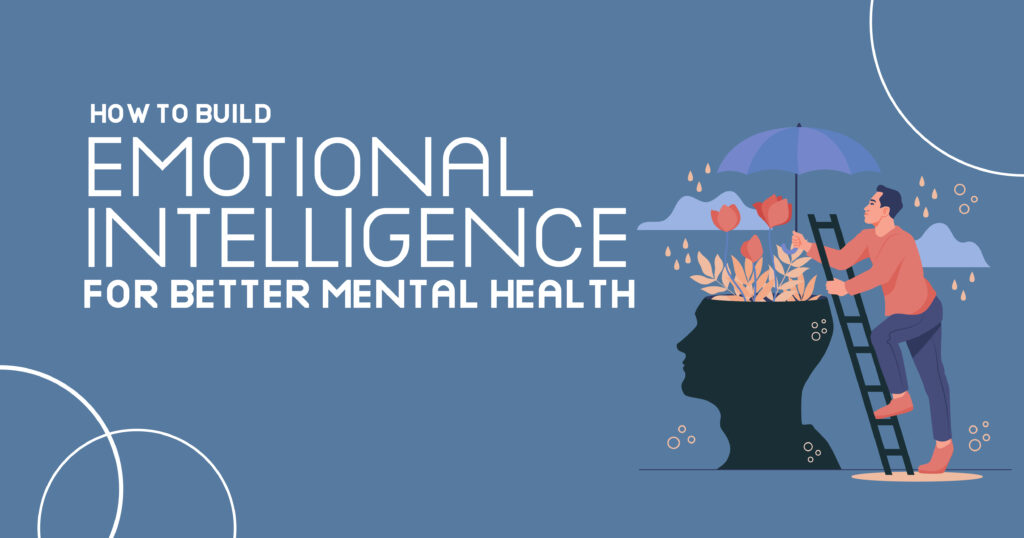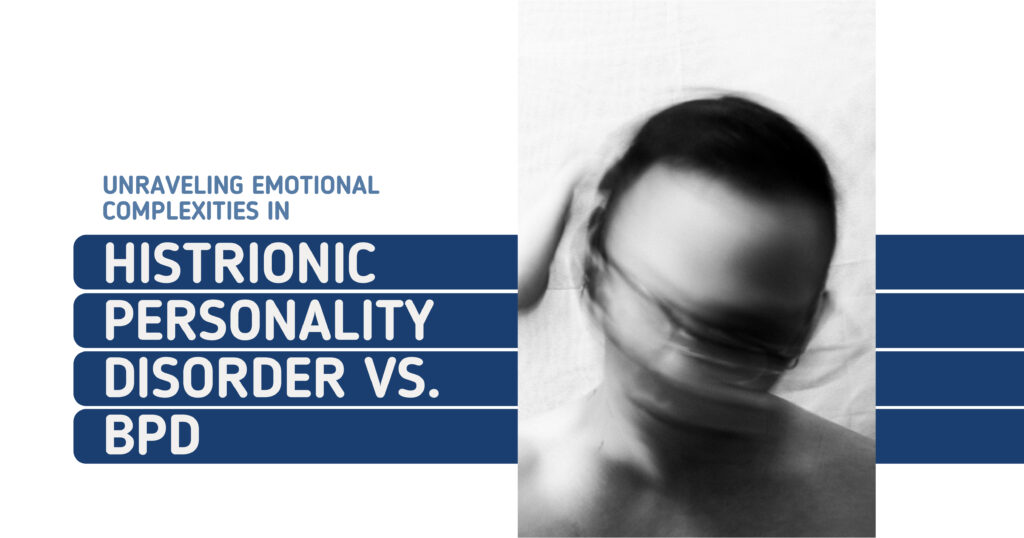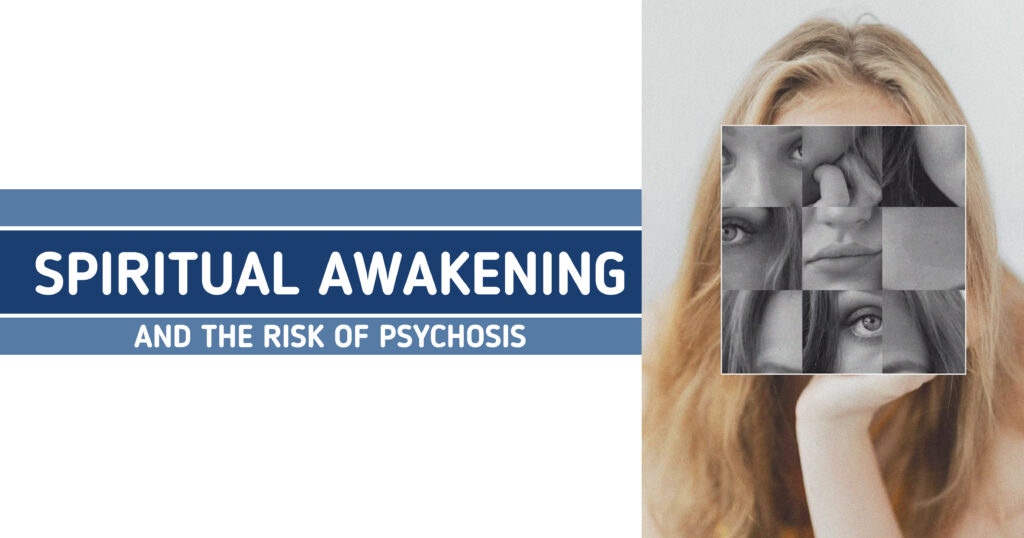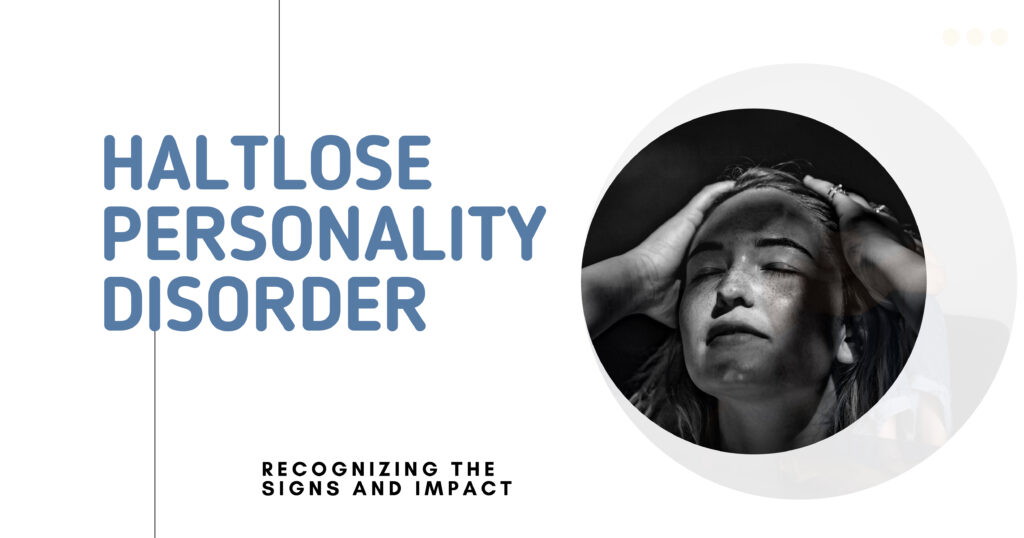Here’s the scene: you are arguing with a friend, and your emotions are at an all-time high. Your heart is pounding, your palms sweat, and you almost want to say what pops into your head. But by taking a deep breath and musing over your friend’s perspective, you speak calmly- a characteristic of emotional intelligence.
Essential Takeaways
- Emotional intelligence is essential to mental health. It promotes self-awareness, the quality and effectiveness of relationships, and the ability to handle stress, leading to greater overall well-being.
- Practical Strategies: The practical solutions include strategies for self-reflection that promote awareness and foster the development of empathy. In addition, practicing mindfulness will greatly improve EI.
- Building emotional intelligence is a long-winding journey: Building emotional intelligence is more of a journey. It needs effort and practice in very consistent intervals. However, the results that benefit mental health and personal growth are worth all the investments.
Emotional intelligence refers to the ability of being able to distinguish, appreciate, and regulate our emotions as well as those of others. It is truly one of those intrinsic skills that significantly changes our relationships, work, and mental wellness. Stress and anxiety levels can sometimes overwhelm us. Thus, emotional intelligence should be developed in this manner more than ever.
In this post, we’ll take you deeper into emotional intelligence, why is it important for your mental health, and what are the real strategies that will get you developing this precious skill? By the end of this article, you’ll have a good grasp of what it’s all about and actionable steps on how to achieve overall wellness.
San Diego Mental Health
Understanding Emotional Intelligence
What Is Emotional Intelligence?
Emotional intelligence has five main components:
- Self-Awareness. It is the ability to be aware of one’s own emotions and what you feel about something. It is understanding how your emotions affect your thought processes and actions.
- Self-Regulation. Once one is aware of their emotions, one can then learn to regulate them. Regulation means self-control and thus keeping impulses in check. If there is an urge to do something, one would stop for a moment before acting. Self-regulation also refers to the appropriate expression of feelings.
- Motivation. People with a high emotional quotient are motivated for growth and success. They do not get easily distracted by problems; they remain focused and positive.
- Empathy. This refers to the ability to feel another person’s pain or distress. Empathy helps in developing good relations and can also help you be responsive towards others’ feelings with compassion.
- Essential Skills, Social. Social skills, which have much to do with this one, include networking, effective communication, and conflict resolution. It includes the ability to work in social settings and maintain good relationships.
The Importance of Emotional Intelligence in Mental Health
Emotional intelligence (EI) plays a very important role in maintaining and enhancing one’s mental health. Here are a few ways EI contributes to our well-being: It manages stress – The higher one’s emotional intelligence, the more likely one will recognize stressors and control the emotional reaction, not allowing one to get overwhelmed but coping with hard times.

EI develops better communication and understanding in relationships. By knowing one’s own and the other’s emotions, problems can be solved with much more ease, and deeper connections may be generated. It will allow you to make far more rational decisions by balancing your emotional feelings with clearheaded reason. Indeed, this culminates in much better lifelines.
These personalities are sometimes also more resilient. The greater a person’s emotional intelligence, the better she or he might often bounce back from a setback; she is even more likely to remain optimistic in the face of obstacles.
Benefits of Developing Emotional Intelligence
Improved Relationship
- The one benefit of developing emotional intelligence is better relationships; be it at home with family and close friends, or in a professional setting with colleagues.
- Open, honest communication: A high EI person articulates their sentiments and is an active listener; they can make effective communication open and sincere by avoiding misunderstandings and conflicts.
- Stronger Empathy. This makes it easier to help them during tough times with improved support and a bond of trust and understanding develops, which is crucial in healthy relationships.
- High Emotional Intelligence. This means you can deal calmly and rationally with conflicts instead of reacting defensively to such incidents and trying to find common ground within other people’s perspectives.
Stress Management
Life can be very stressful, but stress is a prerequisite for mental health. Emotional intelligence gives you a weapon to fight the rising storm of stress.
| Identifying Triggers | Having emotions helps detect all those stimuli that can trigger stress and react to them beforehand. |
Coping Strategies |
Educates students in better coping and responding by employing healthier ways to deal with stress, such as relaxation techniques, exercise, or mindfulness practices |
| Emotional Regulation | If you could regulate your emotions, then you would not feel overwhelmed or anxious in a high-pressure situation. |
Self-Awareness
Self-awareness is the basic building block of emotional intelligence. When this skill is developed, it enables one to eventually have a deeper understanding of one’s thoughts, feelings, and conduct.
- Self-awareness. The ability to be aware of and identify one’s emotions, will help one understand why one feels that way.
- Identify Patterns. Recognize how your emotional response patterns may not work for you. This enables you to grow and change as a person.
- Knowing your strengths and weaknesses. This can help you set relatively achievable goals for self-improvement.
Strategies to Build Emotional Intelligence
Practice Self-Reflection
Self-reflection is an effective key to developing emotional intelligence. It can help give one the ability to step back and inspect some emotions and reactions.
- Journaling. This is a very crucial strategy of keeping a journal. You will be able to articulate thoughts and emotions better; therefore, write about the day, the experience of emotions you felt, and how you handled different situations. Over time, you will be able to recognize patterns that can help guide your personal growth.
- Mindfulness Meditation helps increase self-awareness. Find quiet time daily to sit there, focus on your breath, and watch your thoughts and feelings come and go without judgment.

Empathy
Empathy is an integral component of emotional intelligence that can be a big help in improving your relationships.
- Active Listening. Be an active listener by listening fully, concentrating on the speaker is speaking, not interrupting, and reflecting on what you have just heard to ensure you understand what they have to say.
- Perspective Taking. Try to be another person. Learn about the person’s emotions, motivations, and experiences so that you can better understand how they feel.
San Diego Mental Health
Improve Communication Skills
In the end, effective communication helps you express your feelings and understand those of others.
- Be assertive. Practice assertive communication by expressing your feelings and needs respectfully and openly. Use “I” statements when expressing emotions to avoid blame (for example, “I feel upset when…”).
- Non-Verbal Cues. Be aware of non-verbal cues such as body language, facial expressions, and tone of voice. These often make the difference between whether a message gets across or not.
Manage Emotions
Developing emotional intelligence requires self-training about methods of controlling their emotions.
- Deep Breathing Exercises. Whenever you feel stressed, try deep breathing. Inhale up to four, hold for four, and exhale for four. That’s all there may be to a very simple practice that could well calm your mind and body.
- Cognitive Reframing. Challenge negative thoughts by reframing them to become less negative. “I always mess things up,” change it to “I can learn from my mistakes.”
Exercises for Enhancing Emotional Intelligence
Journaling for Self-Discovery
Journaling is a good way to introspect on one’s feelings, thus becoming more self-aware.
Questions for Reflection. You can use any of the following as a prompt:
- “What emotions did I experience today and what provoked them?”
- “How did I handle a challenging situation, and what could I do differently next time?”
Role-Playing Scenarios
Through role-playing, it is easy to help practice social skills and empathize in a safe environment. Practice Difficult Conversations: Get a friend and role-play situations where you must express your feelings or say harsh words to resolve a dispute. It can boost your confidence when you need to do it in real life.
Mindfulness Practices
Emotional intelligence can be sharpened with the help of mindfulness in daily life.
- Guided Meditations. Use apps or online resources that provide guided meditations on emotional awareness and regulation.
- Body Scan. Take time daily to focus on how your body feels, scanning from head to toe and end. It can help you recognize sensations and emotions in your body.
Resources for Further Learning
Books on Emotional Intelligence
Here are some influential books going more in-depth into the manifestation of emotional intelligence and how it leads to mental illness:
- A book in this category includes the classic text of EI and its importance in our life, “Emotional Intelligence: Why It Can Matter More Than IQ” by Daniel Goleman.
- “The Gifts of Imperfection” by Brené Brown. In her work on vulnerability and embracing oneself, Brown argues that the gift of imperfection is invaluable to building emotional strength.
Online Courses and Workshops
Courses on developing emotional intelligence can be found at many sites. You may find it useful to follow:
- Coursera. Seek classes on emotional intelligence and self-cultivation.
- Udemy. This site has EI, communication skills, and mindfulness practice courses.
Final Thoughts
Building emotional intelligence will not suddenly happen overnight but is the result of great self-awareness, practice, and dedication. Some of the developments in EI over bettering mental health are from improved relationships and stress management to increased resilience and even self-awareness. Implementing the above strategies can enhance your emotional intelligence and, ultimately, your overall well-being.
Get started on building emotional intelligence. Subscribe to our blog for more insights, tips, and resources on mental health and personal development. Let’s hear your experiences or questions in the comments below and build a supportive community together!

San Diego Mental Health
FAQs
- What is emotional intelligence? Why is it important?
Emotional intelligence is the ability to recognize, understand, and manage one’s emotions and those of others. It’s crucial because it greatly impacts our mental health, relations, and well-being in general.
- How do I improve my emotional intelligence?
You can improve your emotional intelligence by self-reflecting, becoming more empathetic, enhancing your communication skills, and even learning how to manage your emotions through mindfulness and journaling, among other things.
- Is it fair to say that emotional intelligence is synonymous with an IQ?
No. Emotional Intelligence or EI is not equivalent to an Intelligence Quotient, or IQ, for that matter. IQ tests measure intellectual functioning, and IQ follows traditional measures of cognitive ability. Emotional Intelligence, on the other hand, tends to concentrate on emotional awareness and interpersonal skills. This is not to say that both are not important in their roles, but they work differently.
- Can emotional intelligence be learned?
Yes, without question, emotional intelligence can be developed and increased over time through intentional practice, self-reflection, and learning new strategies.
- How does emotional intelligence impact mental health?
With high emotional intelligence, one can easily manage stress, enhance good relations, improve decision-making, and bring resilience-building abilities strongly associated with better mental health.

